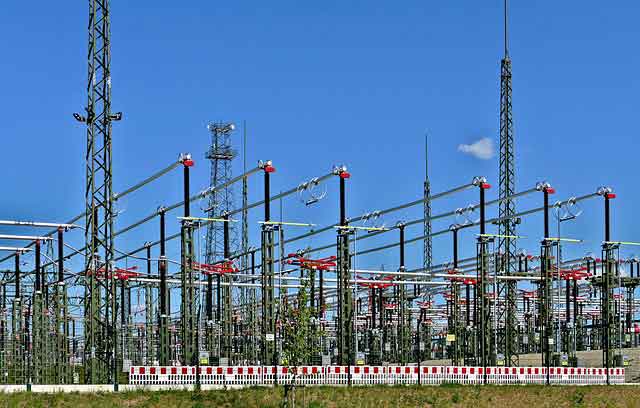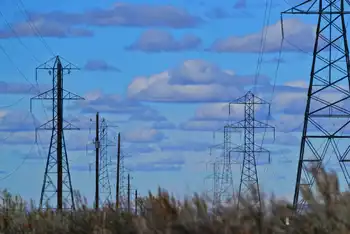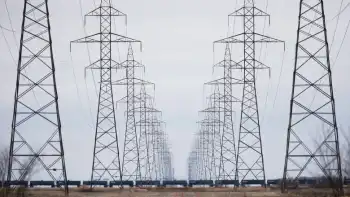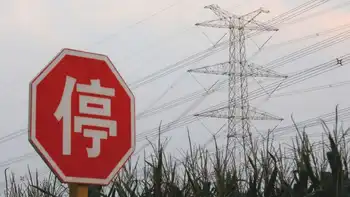Wireless providers seek green back-up power
By Knoxville News Sentinel
Electrical Testing & Commissioning of Power Systems
Our customized live online or in‑person group training can be delivered to your staff at your location.

- Live Online
- 12 hours Instructor-led
- Group Training Available
The National Hydrogen Association estimates that about 400 cell tower sites have been equipped with hydrogen systems. Sprint has installed hydrogen fuel cell systems at 250 sites across the country, although the company would not say which of those sites, if any, are in Tennessee. And Chicago-based U.S. Cellular is beginning to test fuel cells at a sampling of sites across the country, including one near Tellico Lake in Loudon County and another near Maryville.
Hydrogen offers an attractive alternative to the diesel generators now used to provide backup when the sites' eight-hour battery system runs out of juice during a power outage, said Mike Hussey, director of engineering for the Knoxville-based East region operations of U.S. Cellular.
In addition to preparing to meet a proposed federal mandate, passed following Hurricane Katrina, that wireless companies have eight-hours of backup power on site, U.S. Cellular is working to install supplemental systems that would power its towers for up to three days beyond that. (Issued by the Federal Communications Commission, the measure has been stayed and is now tied up in the courts.)
U.S. Cellular is looking at fuel cells as a potential option in localities that prohibit diesel storage tanks at the site or limit noise.
"Hydrogen fuel cells really fill in that gap as a power source in those unique kind of scenarios," Hussey said. The technology also proved more cost effective than other alternate systems such as zinc or lithium ion batteries, he added.
The system is cost-comparable to a diesel generator, with six to 12 tanks of hydrogen taking the place of a rather large tank of diesel fuel.
"It is probably a fraction of the cost to put in hydrogen tanks rather than putting in 300 gallons of diesel," Hussey said.
The limitation with current fuel cell technology is efficiency.
While, so far, the system is performing well, a hydrogen-powered generator only produces four to eight kilowatts of power to a diesel generator's 35 kilowatts. That means the systems supply just enough electricity to power the towers' radios and electronics, not enough to support sites that require air conditioning systems as well.
"Right now we're placing the fuel cells at our outdoor sites," where equipment is not contained and conditioned inside a building, said Jay Witcher, regional senior systems engineer for U.S. Cellular. "The technology for fuel cells is still developing so the efficiency of a fuel cell, you can't compare it to a (diesel) generator just yet."
Developing a broader distribution system is also crucial to more widespread adoption of fuel cells, Hussey said.
"We're still early on the technology curve at this point," he said. "We still think we're a few years away."
Even with its limitations, Hussey said the hydrogen technologies promise to deliver more reliable service to customers who might otherwise do without.
As for being green, that's an added benefit, said the engineers. With water the only byproduct, hydrogen generators provide an emissions-free alternative to their diesel counterparts.
"The clean part of it was just an added extra bonus or advantage," Witcher said. "The more we study this and the more the technology changes, it increases that advantage."
Eight months into the process, the company will continue to test the generators for about a year, he said.
"We're still testing them and experimenting (with) settings that will provide us with the longest run time and the most efficient use of fuel," he said.
The local sites are employing systems made by ReliOn, based in Spokane, Wash. ReliOn sells hydrogen-powered generators to telecommunications, government and utility customers. The company recently landed $23 million in venture capital, part of a recent groundswell in green technology investments.
Hydrogen isn't the only green power source being explored by wireless companies. Sprint is also testing solar power at tower sites in California.











